Artificial intelligence in education: a path to the future of learning
In a world where technology advances by leaps and bounds, the Artificial Intelligence (AI) It is presented as a tool with immense potential to transform education. Teachers, as learning guides, are in a key moment to embrace these innovations. But how can AI really impact teaching? What new skills should teachers acquire to use it ethically and effectively? Through this article, we will explore not only the most exciting applications of AI in education, but also the challenges and opportunities it raises, joining both personal experiences and opinions of experts who have deeply explored this issue.
Personalization of learning through AI: a new paradigm
The Learning customization It is one of the most fascinating aspects that AI has brought to the field of education. Historically, educational systems have adopted standardized approaches that do not always conform to the individual needs of students. AI is changing this panorama, allowing each student to receive a unique educational experience.
A concrete example is the use of Interactive historical simulations In the classroom. Students not only read about the French revolution or ancient Rome, but can immerse themselves in these contexts through environments generated by AI, make decisions and experience the consequences. These tools not only facilitate a deeper understanding of the contents, but also encourage key skills such as Critical thinking and the decision making.
From a teaching perspective, this ability to customize learning is transformative. Before, it was difficult to adjust the contents and methods to each student effectively, but the AI allows you to do this automatically and in real time. Teachers can focus on guiding the process, making sure that students take advantage of these tools, while releasing time to meet the emotional and social needs of students.
Ethical challenges and opportunities: training teachers for the future
With all its potential, AI is not exempt from challenges, especially in terms of ethics, privacy and equity. UNESCO has developed Specific competence frames to ensure that teachers integrate AI responsible in their practices. This framework highlights the importance of teachers understanding how AI algorithms work and how to avoid biases that could perpetuate inequalities.
A fundamental aspect is the Student data protection. IA tools usually collect large amounts of data to customize learning, which increases privacy risks. Teachers must be prepared to supervise and make sure that the platforms used meet rigorous ethical standards. In addition, teach students about the Digital privacy and the Management of your fingerprint It is crucial in modern education.
IA also raises important questions about the human autonomy. Although these tools are powerful, it is vital that teachers maintain control over important decisions. AI should be seen as support, not as a substitute. Here, the teacher's role is irreplaceable: guiding students to develop critical thinking and reflection on the use of technology is a task that AI cannot do alone.
Challenges in educational equity: benefits for all?
One of the most discussed challenges on AI in education is its impact on equity. While these technologies have the potential to close educational gaps, there is also the risk of perpetuating existing inequalities. For example, algorithms that analyze data can reflect and amplify historical biases, assigning less resources or attention to certain groups of students.
If AI tools are well implemented, they can make learning more accessible to all. If teachers and those responsible for educational policies ensure that these technologies are used fairly, they can help level the playing field for students of different origins.
In this sense, it is vital that teachers not only adopt AI, but also actively involve themselves in the Critical evaluation of algorithms and its impact. The transparency in how decisions are made through AI should be a guiding principle to avoid falling into the acritic use of technology. Inclusive education should be a priority, and AI can be a great ally if used carefully.
Reimagining the role of the teacher: from transmitter to facilitator
The use of AI in education does not mean that teachers become obsolete. In fact, his role becomes even more important, but changes significantly. They are no longer only knowledge transmitters, but Learning facilitators. The AI can be in charge of routine tasks such as the correction of exercises or the preparation of progress reports, releasing time for teachers to focus on more creative and emotional aspects of learning.
This transformation is crucial for the development of skills that will be essential in the future, such as complex problem solving, the collaboration and the creativity. These are areas in which AI cannot compete with human beings, and teachers must assume the challenge of guiding students in the development of these skills.
The rise of tools such as Chatgpt It has also shown that AI can be an ally in the classroom, promoting debate, critical analysis and creativity. However, the less the students of teachers depend as the main source of information, the more important the teacher will be as a facilitator that helps students navigate the vast sea of information they have at their disposal.
Conclusion: The future of education is in our hands
Artificial intelligence has the power to revolutionize education, offering unprecedented opportunities to customize learning, close educational gaps and free time for teachers to focus on what really matters: the integral development of students. However, its implementation is not exempt from challenges, especially in terms of ethics, equity and privacy.
It is essential that teachers hug this technology, but also that they form how to use it critically and effectively. It is not just about learning to use a new tool, but about rethinking the teacher's role in an era where technology plays an increasingly important role. In doing so, teachers will not only be equipped to face the challenges of the present, but also to lead the way to the future of learning.
At the end of the day, AI is a powerful tool, but true power lies in teachers and their ability to inspire, guide and transform students' lives. Learning has never been a static process, and AI is just another chapter in the continuous evolution of education. Are we prepared to write it together?
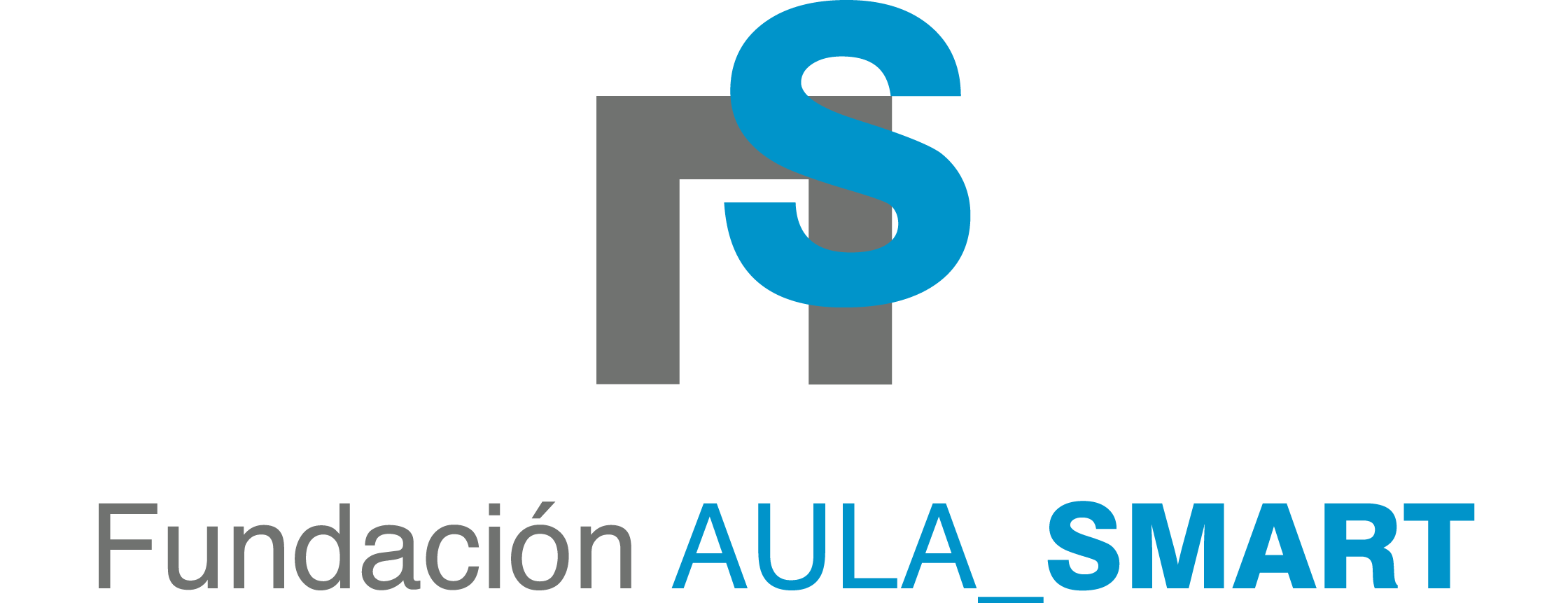


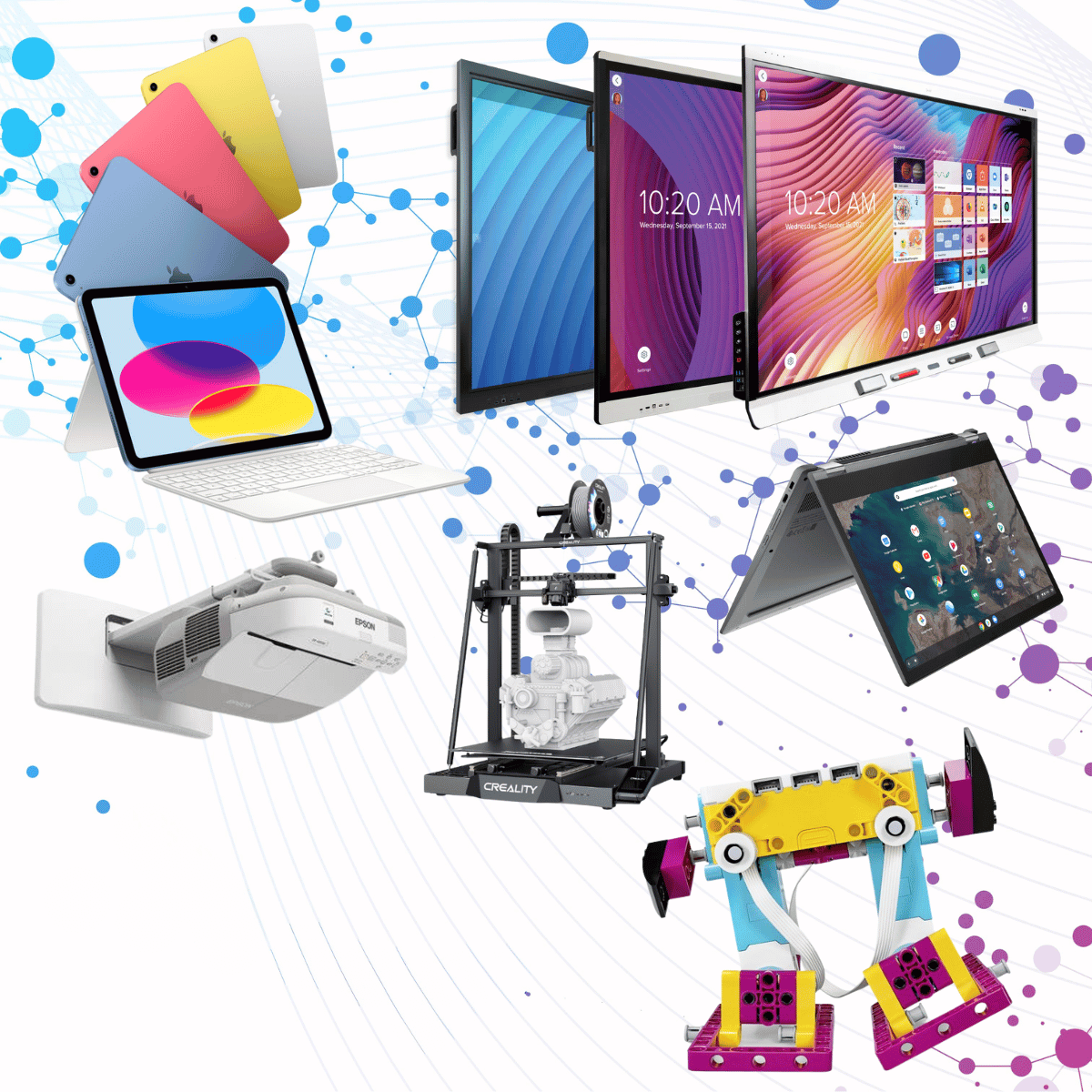
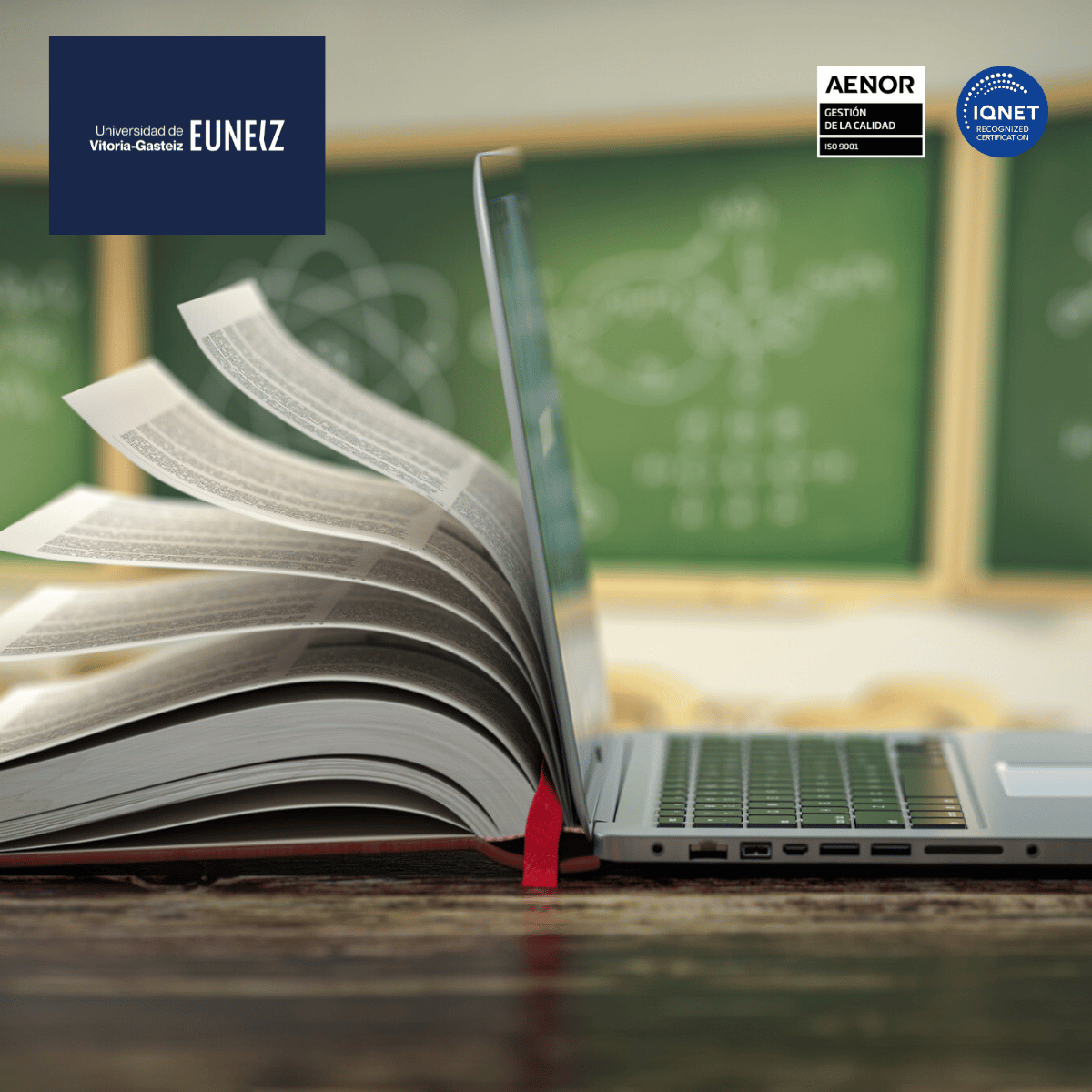
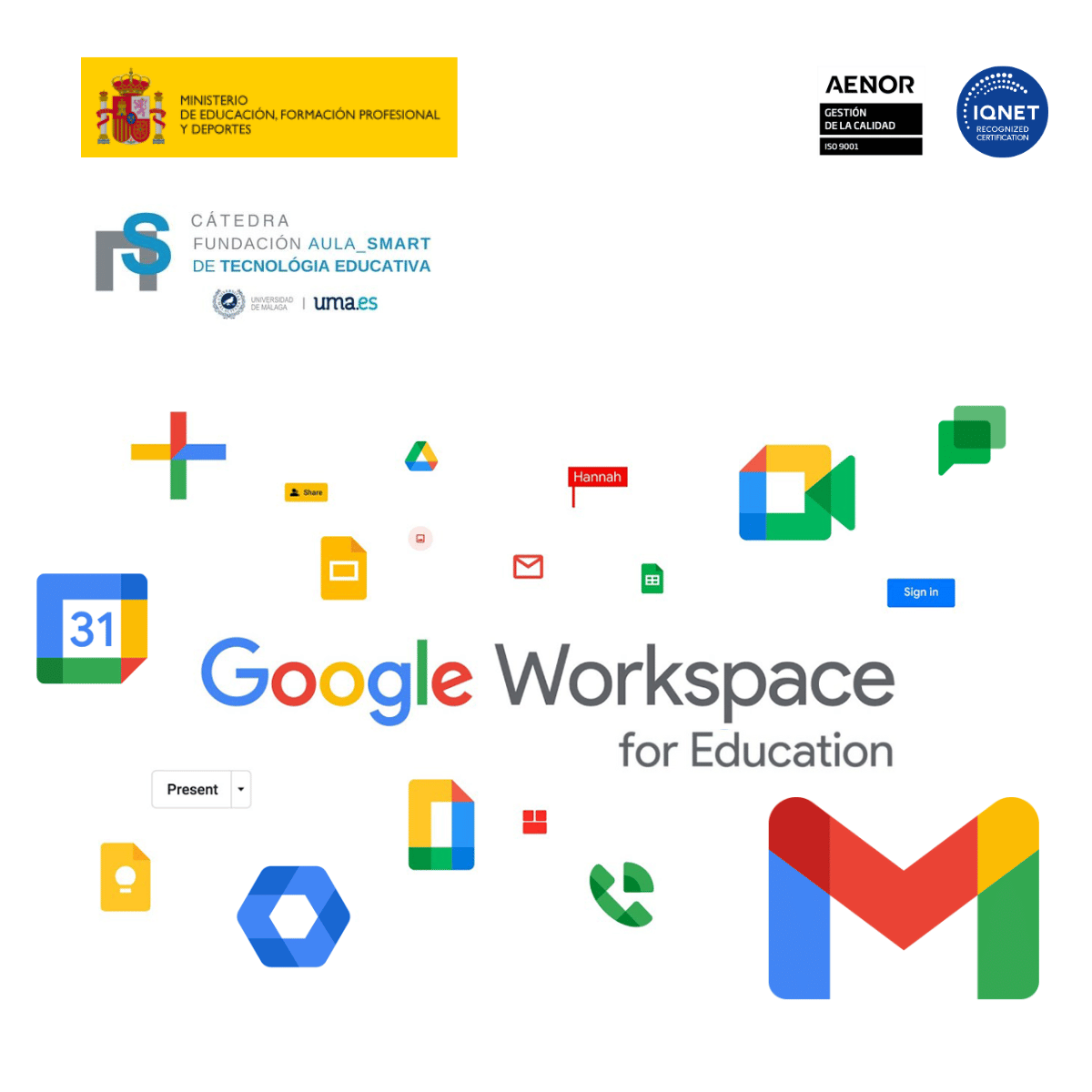
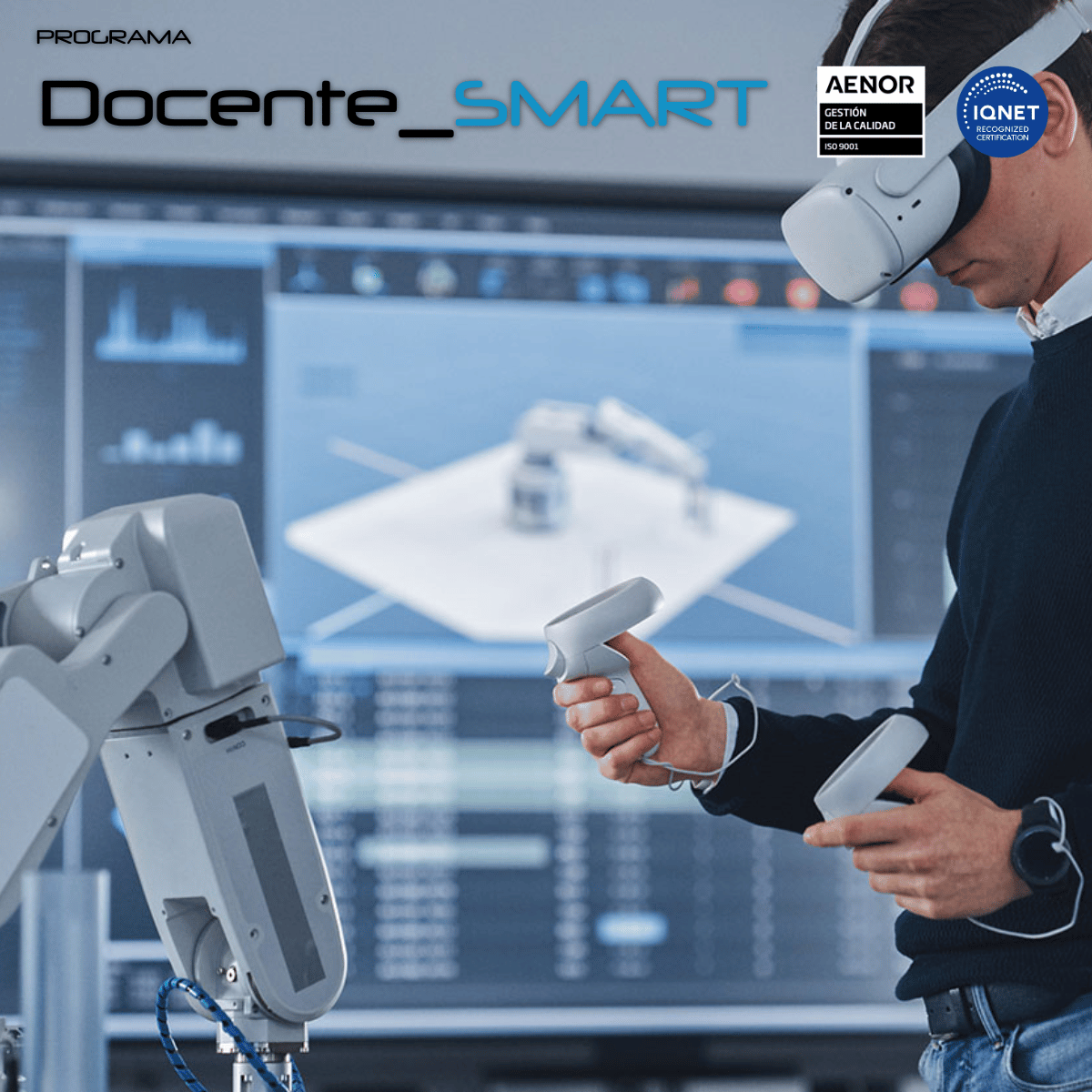
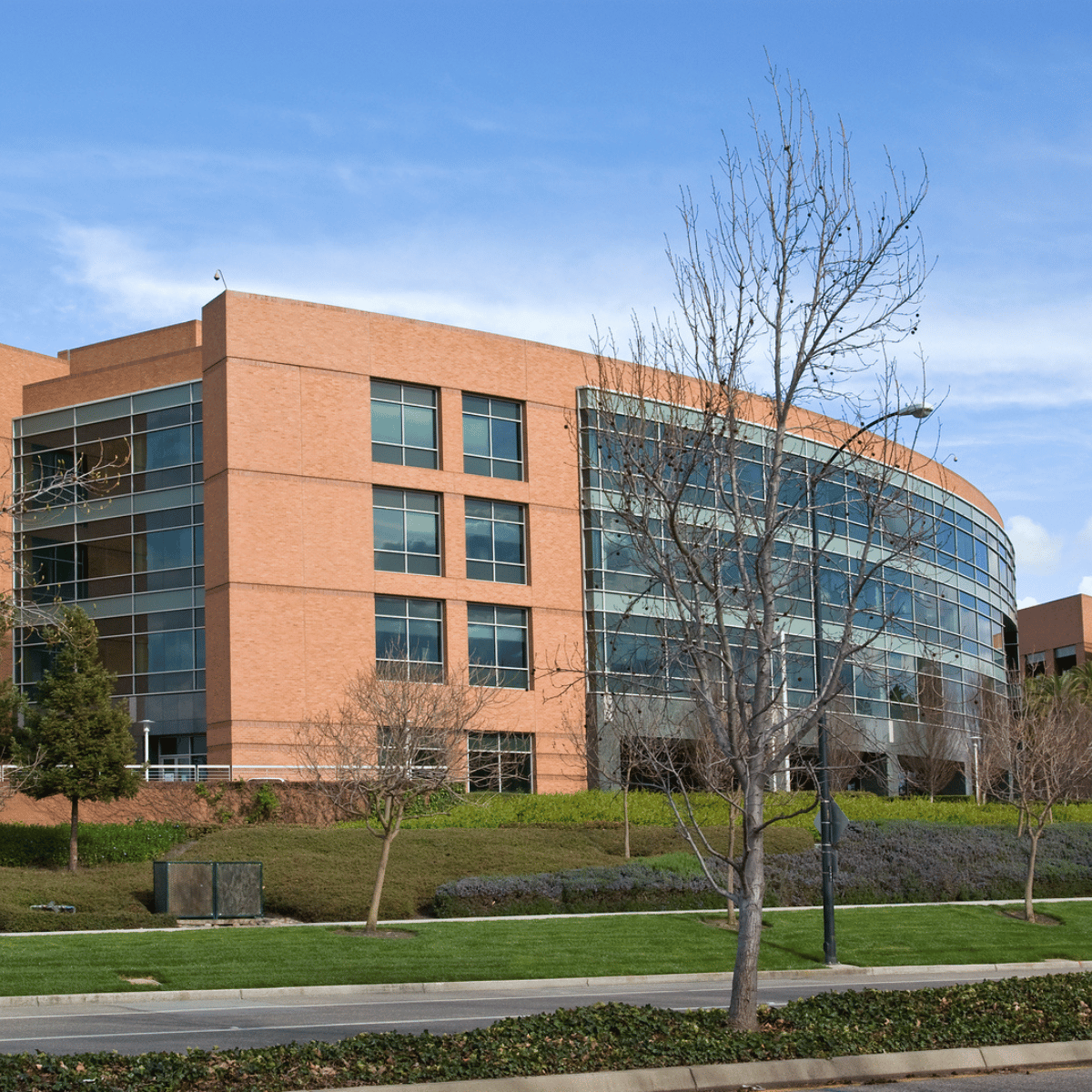

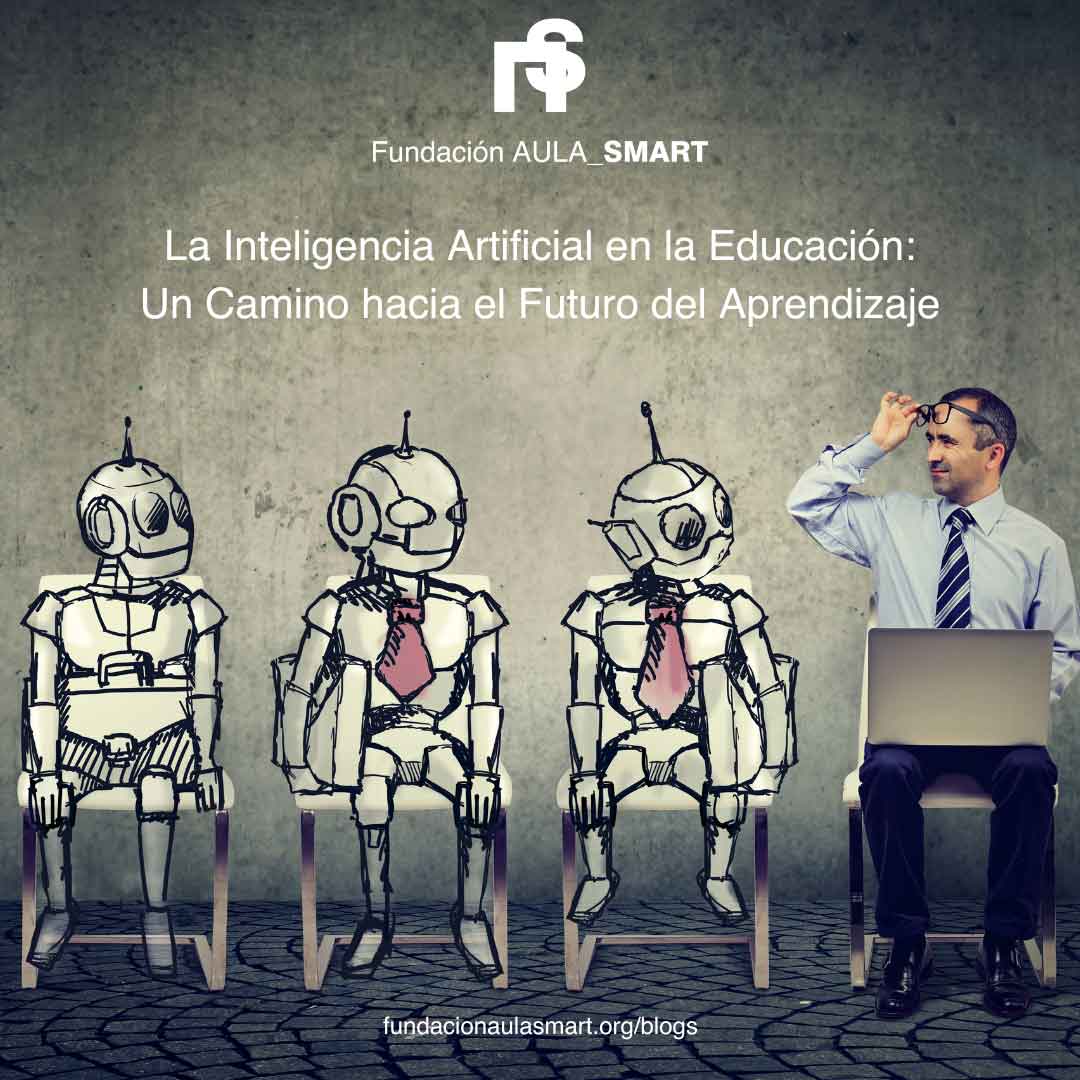

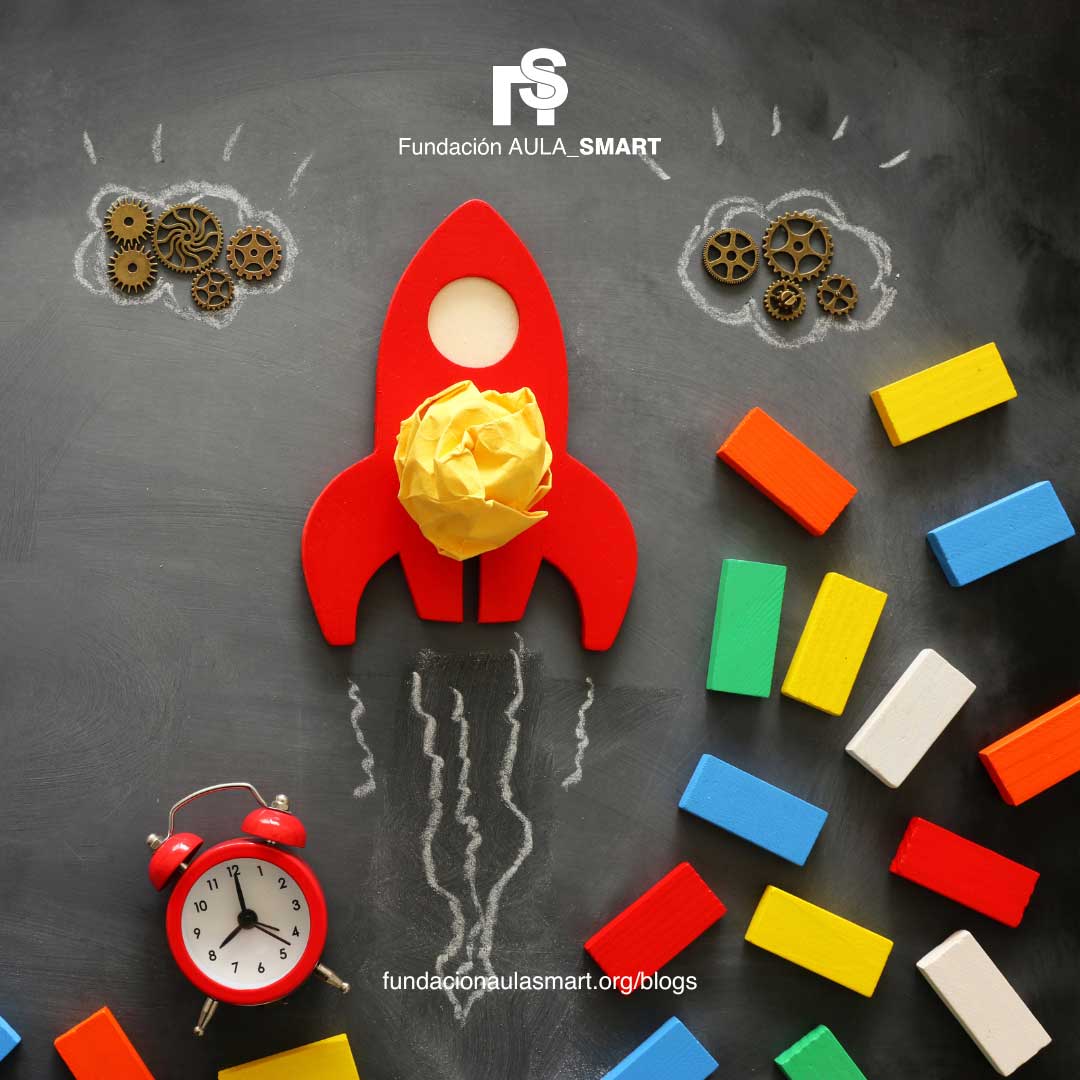
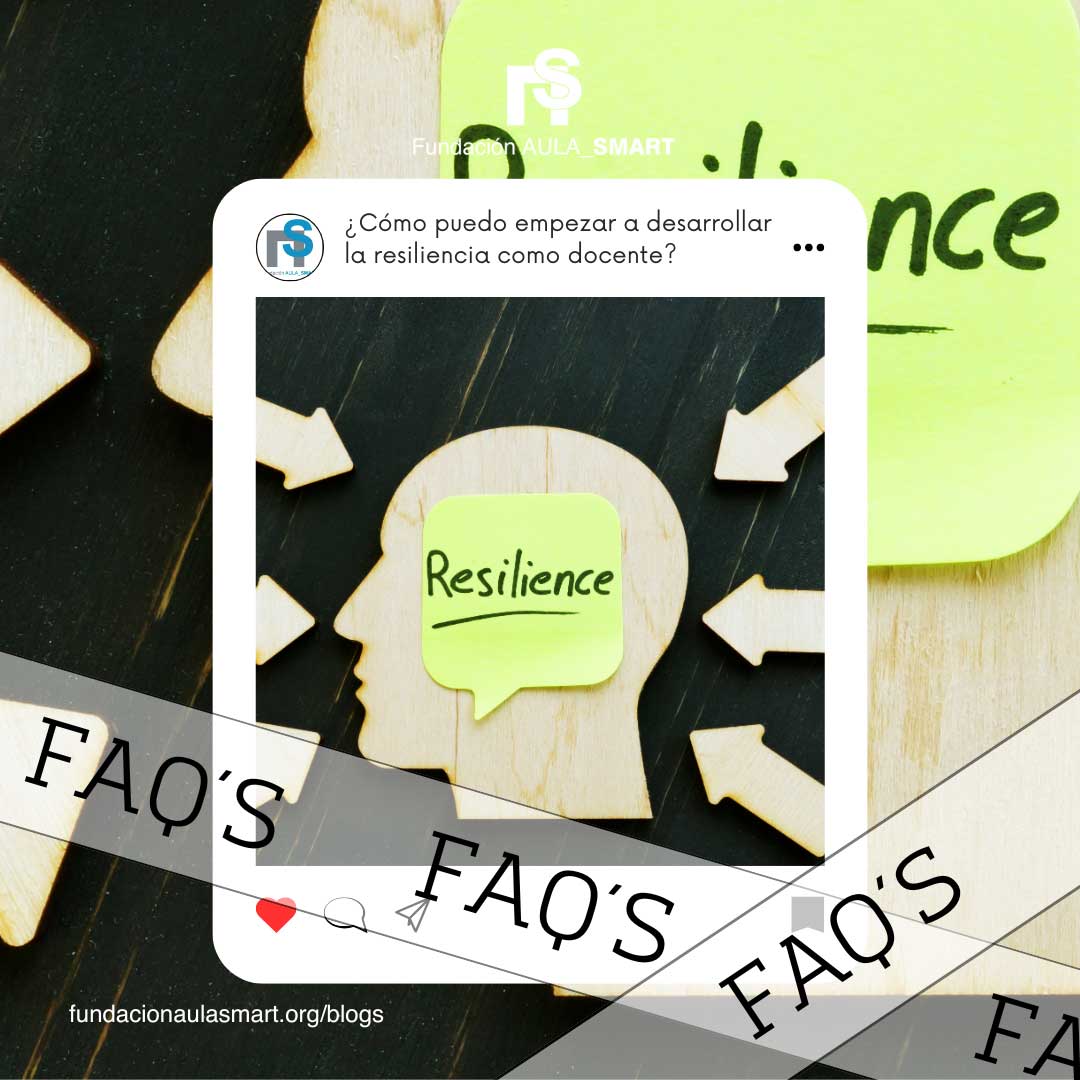
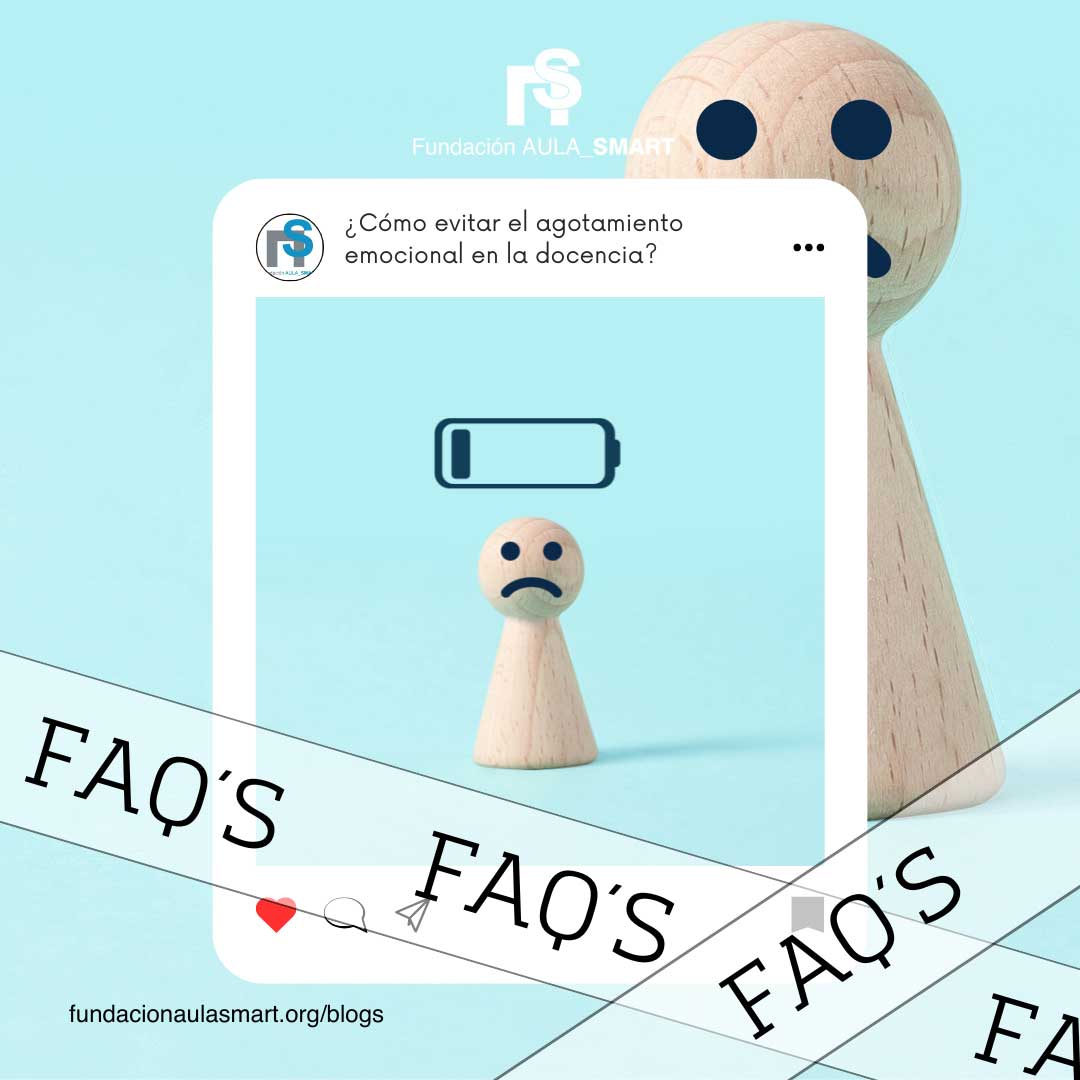

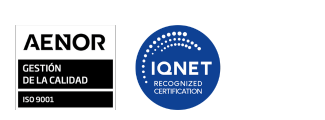



1 comment
Patricia
Me parece interesantísimo que los docentes se formen en el uso de la Inteligencia Artificial, como bien dice el artículo bien usado nos dará frutos muy positivos y nos descargará de tareas que ahora mismo nos impiden dedicar más atención a un desarrollo integral del alumno tan necesario hoy en día. Las familias han cambiado, su forma de educar también se aprecia en el aula y el docente necesita involucrarse más en el aspecto emocional para conseguir mejores resultados y formar personas llenas de habilidades no solo de conocimientos.
Leave a comment
All comments are moderated before being published.
This site is protected by hCaptcha and the hCaptcha Privacy Policy and Terms of Service apply.